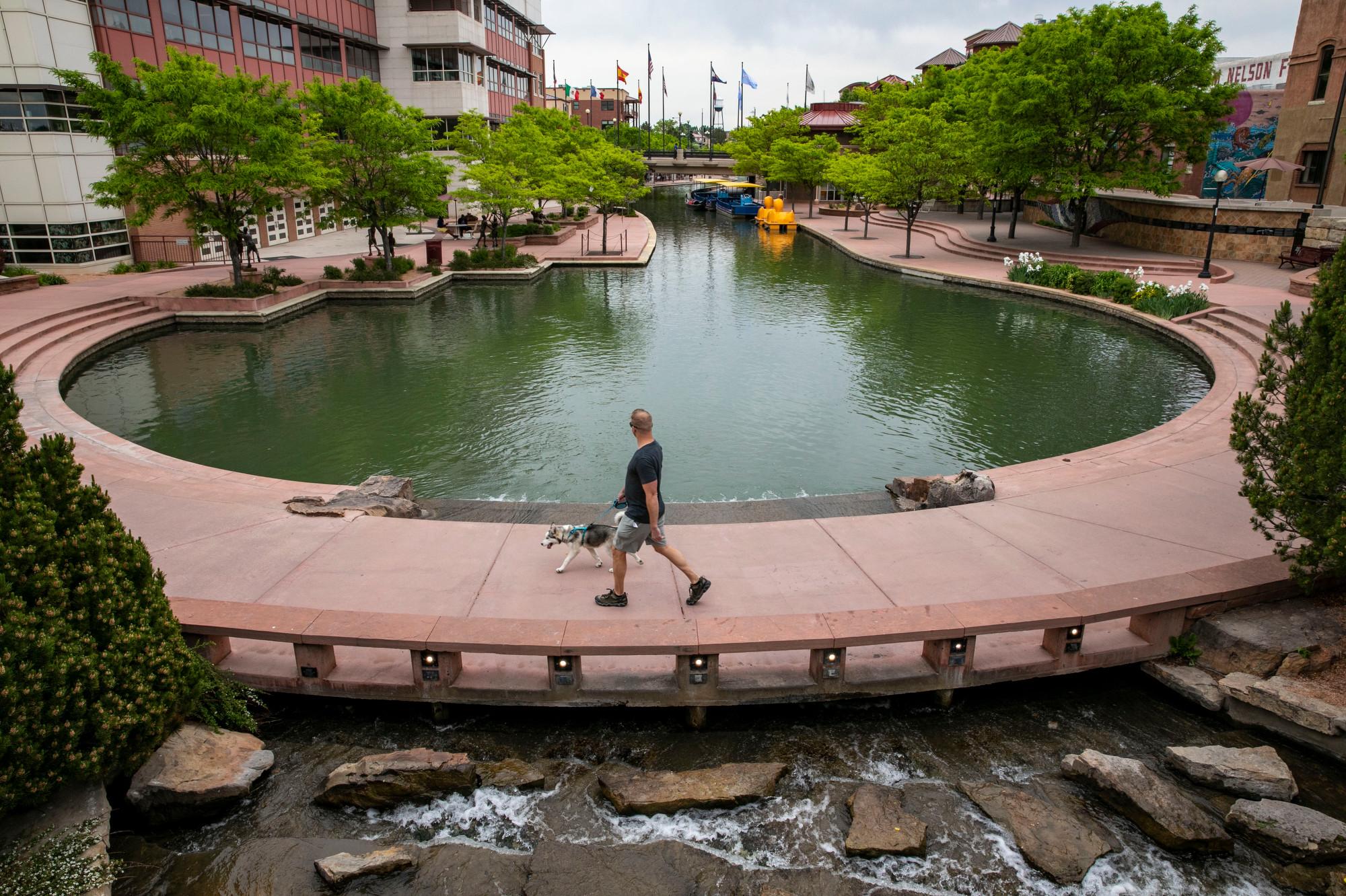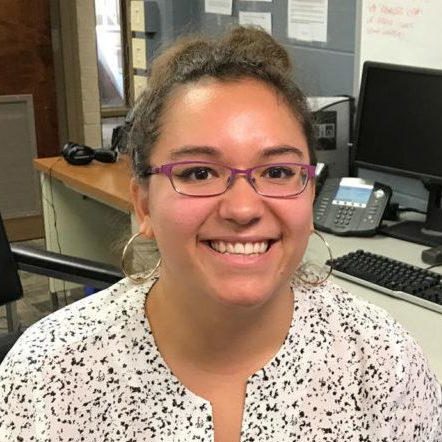
Health organizations across Pueblo County are working to build trust to improve the vaccination rate.
Randi Addington works with Health Colorado, Inc., which assists people across 19 counties in Southeastern Colorado access health services, including COVID-19 vaccine appointments.
According to the Pueblo Department of Public Health and Environment, 49.3 percent of Pueblo's population have at least one dose of a vaccine, which is below the state's target of 70 percent.
Addington said slowing vaccine rates in Pueblo County are less about accessibility or hesitancy, and more about life situations that can make getting the vaccine challenging, including taking time off and transportation. In Colorado, employers are required to give time off for vaccinations.
To work around some of these challenges, she's collaborated with community partners to set up clinics where people are.
"What we really saw people doing was going to the vaccine when it was accessible around the corner, when it was within walking distance, and particularly when it was being offered by somebody that they knew and trusted," Addington said. "That's what we were seeing in terms of making it, for lack of a better word, accessible, but really convenient for people."
'We need to listen to people and hear what their fears are'
Addington said she teamed up with the Center for Health Progress and Southern Colorado Harm Reduction Association (SoCoHRA) to host these sites across the county. SoCoHRA became an approved COVID-19 vaccine distribution site in February, and has held walkup clinics at a local nonprofit office for the past few months, vaccinating hundreds of people at a time.
Judy Solano with SoCoHRA said when the state put out the call for vaccine equity sites, she was ready.
"I just had a need to get involved and bring the vaccines to a lot of our underserved populations that don't have access," Solano said.
For Addington and Solano, these community clinics gave providers the opportunity to answer people's concerns. Addington said people in healthcare are embracing a "health and neighborhood model" not just for COVID-19, but for health concerns moving forward.
"It's not just always about the science, it's not always going to be about the public health opinion, but also those trusts in the community," Addington said.
"We've been running at 100 miles an hour trying to get everyone vaccinated," Solano said. "We need to listen to people and hear what their fears are. Pueblo is a very hands-on community, we know each other, and in a lot of ways it's a small town but yet we're a bigger city. So, we still have a need for partnerships and for the community leaders that are able to connect to bigger populations, and be able to say we're here to answer your questions."
Not everyone felt safe going to the federal mass vaccination site in Pueblo
While it's challenging to pin down the exact reasons the federal mass vaccination site in Pueblo, which closes June 14, hasn't been seeing as much traffic as expected, Addington said the site brought up concerns for a lot of her clients.
"We heard a lot from people about the fear of discrimination," Addington said. "If there was police presence, if there was armed military, there would be a lot of resistance to go into that site."
Addington said many Latinx clients were concerned that since the site was run by FEMA, which is under the Department of Homeland Security, they weren't sure if they or a family member could be turned over to ICE if they were undocumented.
"I think that's one thing that we see with a lot of our community-based sites is a lack of police in uniform," Addington said. "We really try to keep it friendly, community-based, community center-based. And we've seen the difference in the way that people perceive those sites."
Now Addington said she's working to bring this community model to other counties in the Southeast, like Chaffee County and the San Luis Valley.
"That's why those of us that are doing this work, we just can't let off the gas right now," Solano said. "Even if no one's listening, we still need to continue on."
Solano is also partnering with the Pueblo City County Library District to hold vaccine clinics at all five locations throughout June and in early July. All clinics will be open from 1-6 p.m. People can register an appointment beforehand online, or simply walk up.









